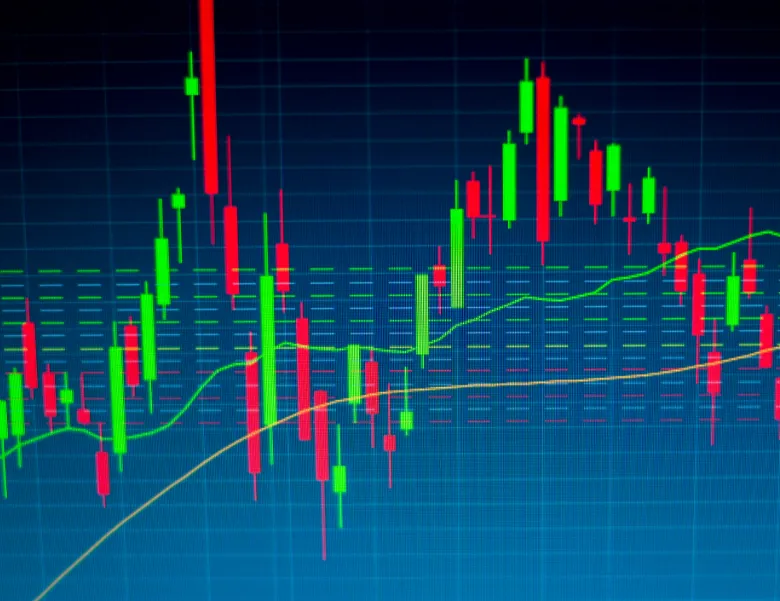In today’s fast-moving financial markets, artificial intelligence is being marketed as the next big revolution. Trading platforms and investment products frequently promote AI as the secret weapon behind their success. While there are indeed legitimate applications of AI—particularly within major institutions that use advanced models for algorithmic trading—many so-called “AI-powered” tools are nothing more than a smokescreen for scams targeting everyday investors.
As with any innovation, bad actors have jumped on the AI bandwagon, using it to lure in unsuspecting individuals with promises of effortless profit. But behind the flashy language and exaggerated claims often lies a trap. Here’s a breakdown of the most common AI-related scams in trading, how they operate, and what you can do to stay safe.
The Illusion of Automated Wealth: Fake Trading Bots
Some scammers push trading bots that promise consistent wins, often claiming absurd success rates. These platforms usually demand an upfront fee or a deposit to get started, but in reality, many of these bots either perform poorly or don’t trade at all.
Take the “Quantum AI” bot as an example. Between 2023 and 2024, this scheme circulated through aggressive online ads, falsely claiming endorsements from public figures like Martin Lewis. It promised users automated daily earnings by combining AI and quantum computing. Once users deposited funds, the platform continued demanding more for “enhancements” or fabricated fees. Eventually, it vanished, taking investors’ money with it.
Lesson: Avoid platforms boasting guaranteed daily profits or using buzzwords like “quantum AI.” No trading tool can eliminate risk.
Social Media Manipulation: AI-Driven Pump-and-Dumps
Another growing scam involves using AI to generate convincing hype around obscure stocks or cryptocurrencies. Fraudsters first accumulate shares in a little-known asset, then unleash thousands of AI-generated posts, comments, and fake articles to spark interest and drive the price up.
In 2024, scammers exploited platforms like Reddit and Twitter to push unknown microcap stocks such as CYBL and AITX. Swarms of fake accounts promoted these as “AI-discovered bargains,” tricking retail traders into buying. Once the price spiked, the orchestrators dumped their shares, pocketed the profits, and left investors holding worthless assets.
Lesson: Be skeptical of viral posts pushing unknown stocks, especially when tied to AI recommendations. Always verify the information independently.
Subscription Scams Disguised as Signal Services
Some fraudsters offer access to exclusive AI-generated trading signals—for a fee. They promise accurate buy/sell alerts using cutting-edge models, but the signals are often meaningless or stolen from unrelated sources.
A scam in 2024 involved counterfeit MetaTrader apps, which appeared to use AI to generate profitable trades. The apps created the illusion of success by using demo accounts and faked results, while real trades lost money. Users only realized they were using fake apps after significant losses.
Lesson: Stick to verified trading apps from trusted sources and confirm that your broker is registered with a recognized regulatory body.
Deepfakes and Celebrity Endorsement Scams
Modern tools can now generate extremely convincing fake videos, making it appear as though high-profile figures are endorsing specific platforms. These deepfakes are often shared widely, giving the illusion of credibility.
In one high-profile case from 2024, a fake video of Elon Musk circulated online, promoting an AI crypto bot that claimed to grow investments automatically. Thousands were fooled, depositing money they would never recover. Musk later denied any involvement.
Lesson: Treat video endorsements with suspicion unless they’re verified through official channels. Fake media has become incredibly realistic.
Disappearing Acts: The Rug Pull Scam
In the crypto world, it’s common for new projects to claim they’re powered by innovative AI. These ventures often raise funds quickly and then vanish without a trace—a move known as a rug pull.
BitAI.net was a notorious example. It marketed itself as a fully automated crypto trading platform using advanced AI. Users were shown fake dashboards that displayed impressive “returns.” But the profits were fabricated. In March 2024, the site went offline, and the founders—whose identities were never revealed—disappeared with millions.
Lesson: If a project’s founders are anonymous and there’s no regulatory oversight, that’s a major red flag—regardless of how sophisticated the tech sounds.
How to Avoid Getting Caught in an AI Scam
Staying safe in the age of AI hype requires vigilance. Here are a few practical tips to protect your money:
- Question bold claims: Promises of easy wealth through AI are usually scams.
- Do your homework: Look beyond marketing materials. Search for unbiased reviews and real user feedback.
- Verify regulation: Ensure the platform or broker is registered with a respected authority like the SEC, FCA, or ASIC.
- Use reputable platforms: Stick to well-known services like Schwab, Fidelity, or Interactive Brokers, and download software directly from official sources.
- Trust your instincts: If it feels too good to be true, it probably is.
Final Thoughts
Artificial intelligence is transforming many industries, including finance—but not every product that claims to use AI is genuine. In fact, scammers are increasingly using AI as a front to exploit retail traders. Recognizing the warning signs, doing thorough research, and staying grounded in reality can help you avoid costly mistakes. In trading, as in life, caution is often your best defense.













